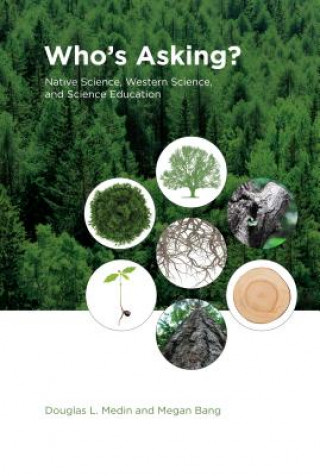
Kód: 04560503
Who's Asking?
Autor Douglas L. Medin, Megan Bang
The answers to scientific questions depend on who's asking, because the questions asked and the answers sought reflect the cultural values and orientations of the questioner. These values and orientations are most often those of W ... celý popis
- Jazyk:
 Angličtina
Angličtina - Väzba: Pevná
- Počet strán: 296
Nakladateľ: MIT Press Ltd, 2014
- Viac informácií o knihe

52.95 €
Bežne: 54.04 €
Ušetríte 1.09 €
Dostupnosť:
50 % šanca Máme informáciu, že by titul mohol byť dostupný. Na základe vašej objednávky sa ho pokúsime do 6 týždňov zabezpečiť.
Máme informáciu, že by titul mohol byť dostupný. Na základe vašej objednávky sa ho pokúsime do 6 týždňov zabezpečiť.Prehľadáme celý svet
Mohlo by sa vám tiež páčiť
-

Cartoon Kid - Supercharged!
10.23 € -13 % -
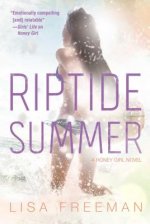
Riptide Summer
18.32 € -6 % -

Karneval, Vol. 6
17.20 € -19 % -
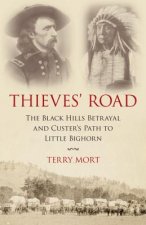
Thieves' Road
29.08 € -

Negima! 11
11.77 € -6 % -
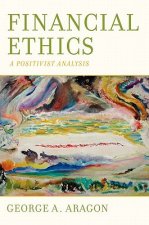
Financial Ethics
78.35 € -
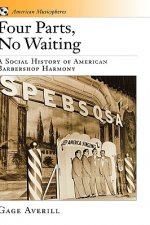
Four Parts, No Waiting
173.61 € -
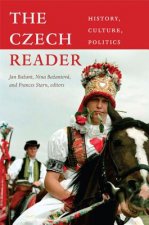
Czech Reader
32.77 € -
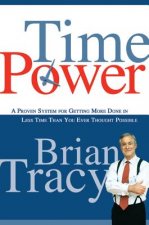
Time Power. A Proven System for Getting More Done in Less Time Than You Ever Thought Possible
21.70 € -
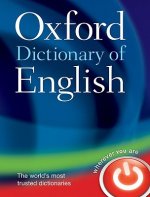
Oxford Dictionary of English
43.62 € -23 % -

Fear is the Key
14.13 € -

Me, Inc.
26.72 € -5 % -

Alien Saga
29.08 € -

Sous Vide Recipe Book
13.92 € -12 %
Darčekový poukaz: Radosť zaručená
- Darujte poukaz v ľubovoľnej hodnote, a my sa postaráme o zvyšok.
- Poukaz sa vzťahuje na všetky produkty v našej ponuke.
- Elektronický poukaz si vytlačíte z e-mailu a môžete ho ihneď darovať.
- Platnosť poukazu je 12 mesiacov od dátumu vystavenia.
Informovať o naskladnení knihy
Zadajte do formulára e-mailovú adresu a akonáhle knihu naskladníme, zašleme vám o tom správu. Postrážime všetko za vás.
Viac informácií o knihe Who's Asking?
Nákupom získate 131 bodov
 Anotácia knihy
Anotácia knihy
The answers to scientific questions depend on who's asking, because the questions asked and the answers sought reflect the cultural values and orientations of the questioner. These values and orientations are most often those of Western science. In Who's Asking?, Douglas Medin and Megan Bang argue that despite the widely held view that science is objective, value-neutral, and acultural, scientists do not shed their cultures at the laboratory or classroom door; their practices reflect their values, belief systems, and worldviews. Medin and Bang argue further that scientist diversity -- the participation of researchers and educators with different cultural orientations -- provides new perspectives and leads to more effective science and better science education. Medin and Bang compare Native American and European American orientations toward the natural world and apply these findings to science education. The European American model, they find, sees humans as separated from nature; the Native American model sees humans as part of a natural ecosystem. Medin and Bang then report on the development of ecologically oriented and community-based science education programs on the Menominee reservation in Wisconsin and at the American Indian Center of Chicago. Medin and Bang's novel argument for scientist diversity also has important implications for questions of minority underrepresentation in science.
 Parametre knihy
Parametre knihy
Zaradenie knihy Books in English Reference, information & interdisciplinary subjects Interdisciplinary studies Cognitive science
52.95 €
- Celý názov: Who's Asking?
- Autor: Douglas L. Medin, Megan Bang
- Jazyk:
 Angličtina
Angličtina - Väzba: Pevná
- Počet strán: 296
- EAN: 9780262026628
- ISBN: 0262026627
- ID: 04560503
- Nakladateľ: MIT Press Ltd
- Hmotnosť: 532 g
- Rozmery: 162 × 234 × 18 mm
- Dátum vydania: 03. January 2014
Obľúbené z iného súdka
-

Distracted Mind
17.61 € -17 % -
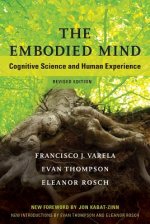
Embodied Mind
36.35 € -12 % -
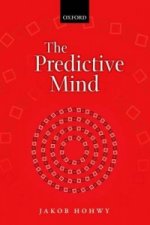
Predictive Mind
52.02 € -
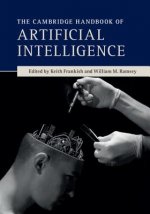
Cambridge Handbook of Artificial Intelligence
39.02 € -
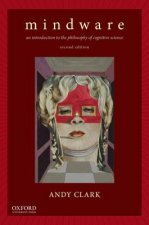
Mindware
106.82 € -
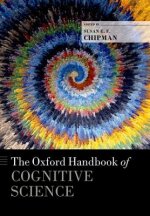
Oxford Handbook of Cognitive Science
252.78 € -
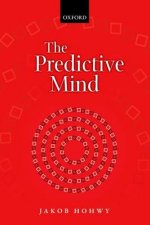
Predictive Mind
207.61 € -
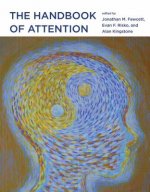
Handbook of Attention
92.99 € -1 % -
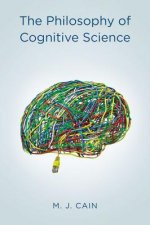
Philosophy of Cognitive Science
35.23 € -
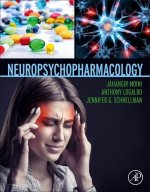
Neuropsychopharmacology
220.93 € -
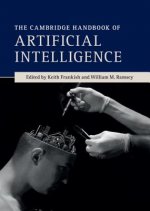
Cambridge Handbook of Artificial Intelligence
136.12 € -
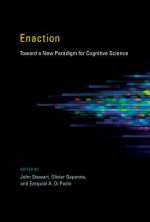
Enaction
56.74 € -
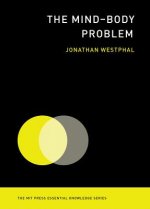
Mind-Body Problem
18.32 € -5 % -
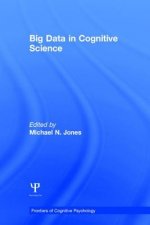
Big Data in Cognitive Science
225.23 € -
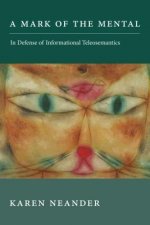
Mark of the Mental
52.95 € -2 % -
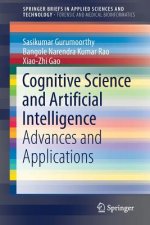
Cognitive Science and Artificial Intelligence
77.12 € -
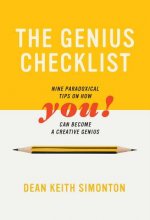
Genius Checklist
32.36 € -
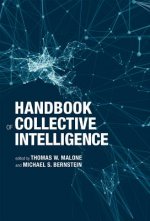
Handbook of Collective Intelligence
35.12 € -12 % -
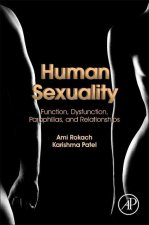
Human Sexuality
138.88 € -

Body Image and the Asian Experience
184.87 € -
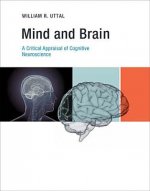
Mind and Brain
10.34 € -12 % -
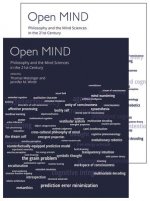
Open MIND
310.25 € -12 % -
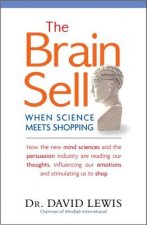
Brain Sell
18.73 € -13 % -
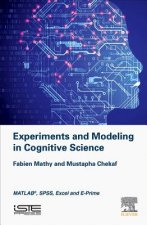
Experiments and Modeling in Cognitive Science
184.57 € -
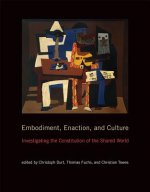
Embodiment, Enaction, and Culture
56.22 € -11 % -
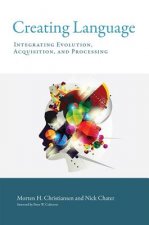
Creating Language
35.12 € -12 % -
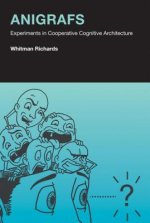
Anigrafs
10.34 € -12 % -
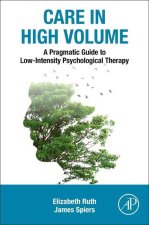
Pragmatic Guide to Low Intensity Psychological Therapy
162.44 € -
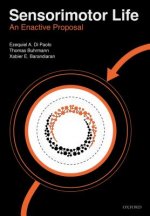
Sensorimotor Life
116.76 € -
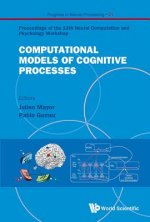
Computational Models Of Cognitive Processes - Proceedings Of The 13th Neural Computation And Psychology Workshop
151.79 € -
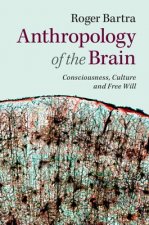
Anthropology of the Brain
104.26 € -
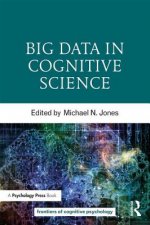
Big Data in Cognitive Science
81.11 € -
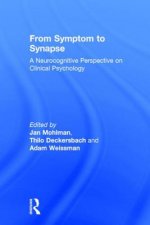
From Symptom to Synapse
205.15 € -
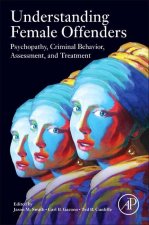
Understanding Female Offenders
173.20 € -
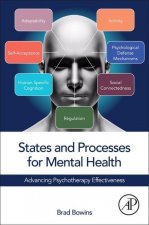
States and Processes for Mental Health
207.41 € -
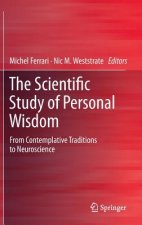
Scientific Study of Personal Wisdom
182.11 € -
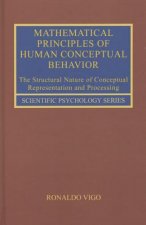
Mathematical Principles of Human Conceptual Behavior
243.26 € -
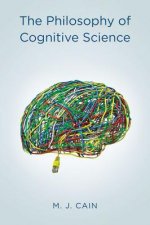
Philosophy of Cognitive Science
84.80 € -

Collective Intelligence
157.32 € -
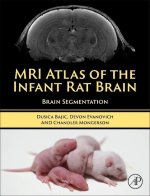
MRI Atlas of the Infant Rat Brain
219.80 € -
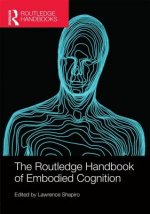
Routledge Handbook of Embodied Cognition
341.38 € -
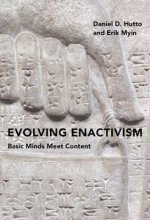
Evolving Enactivism
46.08 € -1 % -
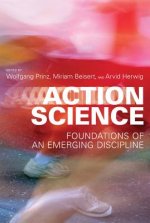
Action Science
10.34 € -12 % -

Management and Operations in Human Services Organizations
184.87 € -
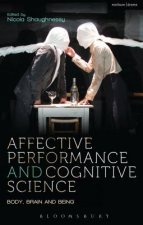
Affective Performance and Cognitive Science
262.21 € -
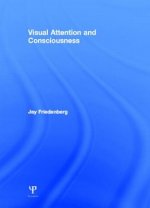
Visual Attention and Consciousness
225.23 € -
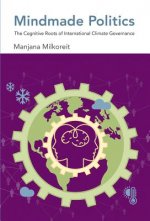
Mindmade Politics
51.20 € -
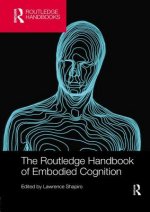
Routledge Handbook of Embodied Cognition
86.95 € -
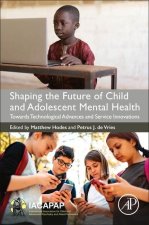
Shaping the Future of Child and Adolescent Mental Health
111.43 €
Collection points Bratislava a 2642 dalších
Copyright ©2008-24 najlacnejsie-knihy.sk All rights reservedPrivacyCookies


 15549 collection points
15549 collection points Delivery 2.99 €
Delivery 2.99 € 02/210 210 99 (8-15.30h)
02/210 210 99 (8-15.30h)